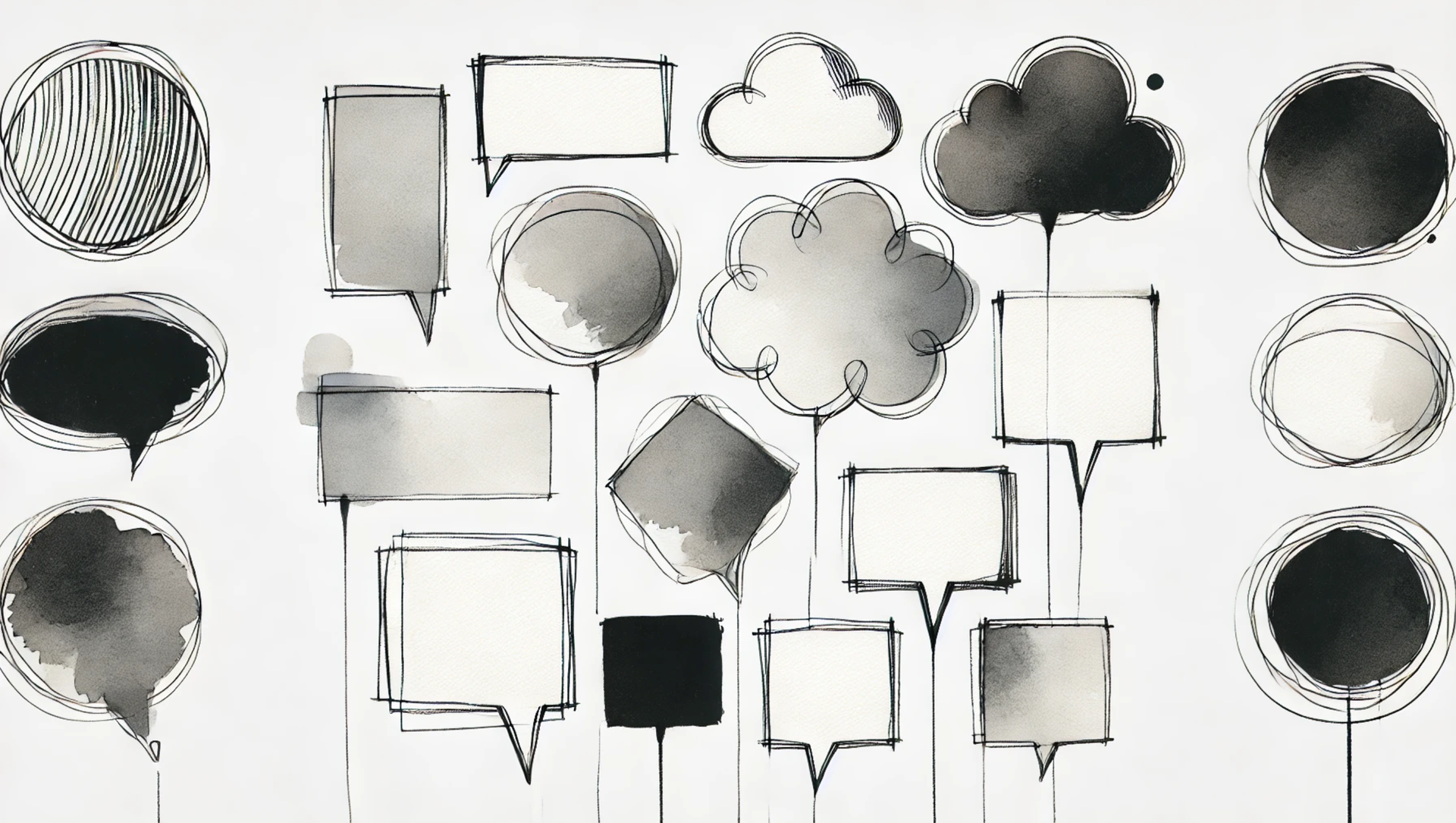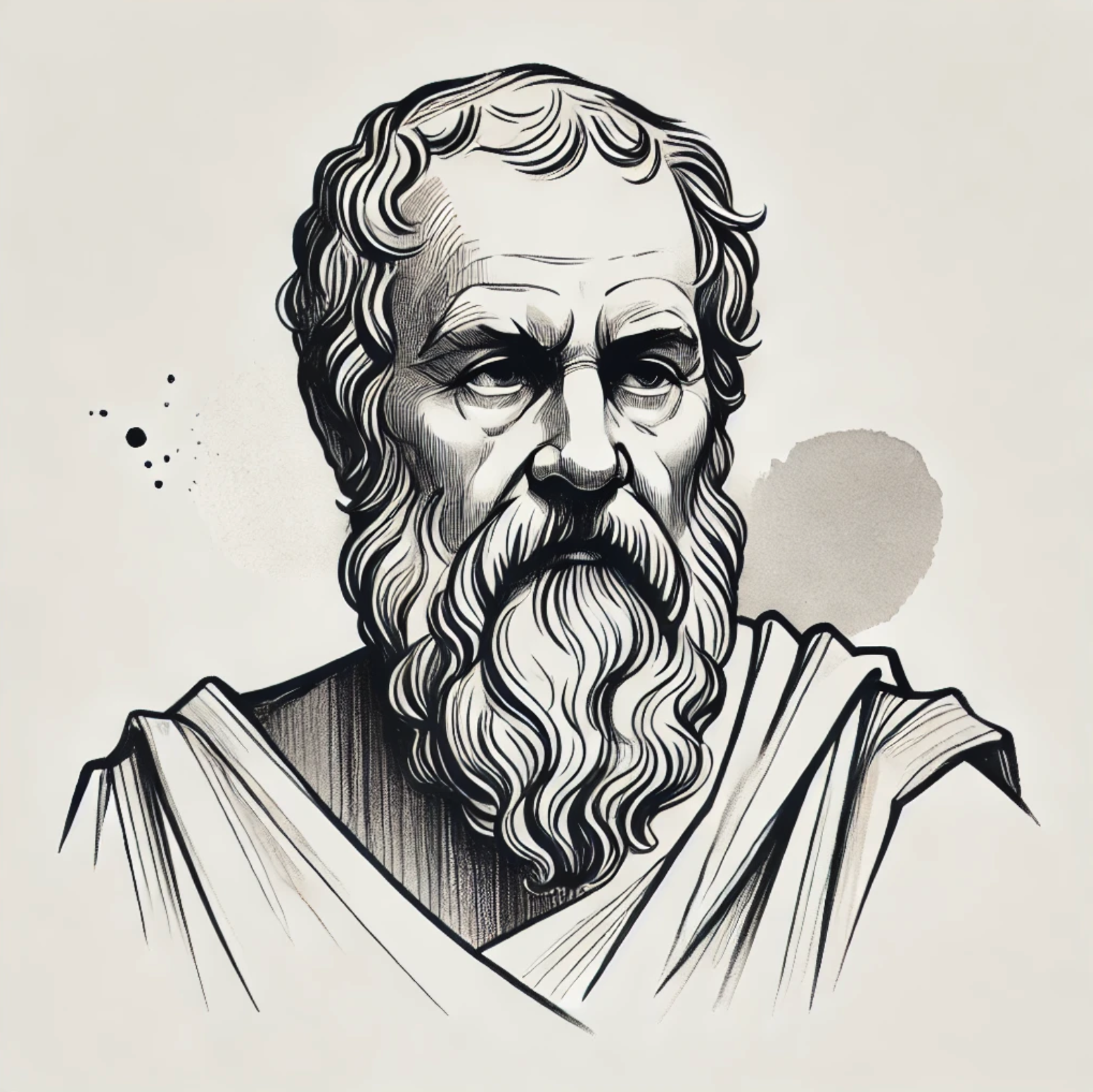How Questions Shape Our Thinking

Curiosity is the fuel of learning. It’s what drives us to explore, innovate, and push the boundaries of what we know. But curiosity doesn’t just happen… it’s activated by the questions we ask.
Think about it. Have you ever been in a conversation where one question suddenly made you stop and think? Maybe it led to a new idea, a shift in perspective, or even a deeper understanding of yourself. The way we ask questions determines how we think, how we learn, and how we connect with others.
The difference between a simple yes-or-no question and one that makes someone pause and reflect is the difference between small talk and real discovery. The right question can unlock new ways of thinking, and the wrong question can shut curiosity down entirely.

Here’s how different types of questions shape our minds and influence the way we engage with the world.
1. Socratic questions: the ancient art of making you think

Socrates was known for challenging people with relentless questions rather than giving direct answers. His method forced others to examine their assumptions, question their beliefs, and arrive at deeper truths on their own. This type of questioning is still one of the most effective ways to develop critical thinking.
How it works
Instead of accepting an idea at face value, Socratic questioning pushes people to go deeper by asking:
- "What do you mean by that?"
- "What evidence supports your view?"
- "Could there be another explanation?"
- "What happens if we look at this from a different angle?"
Example
Imagine someone says, "Technology is making people less social." Instead of agreeing or disagreeing, you might respond with:
- "What makes you think that?"
- "Could technology actually help people connect in new ways?"
- "What examples support or challenge that idea?"
This approach doesn’t just generate discussion. It forces the other person to analyze their own thinking.
2. Open vs. closed questions: unlocking creativity
Some questions lead to short, simple answers. Others spark curiosity, invite deeper thinking, and encourage storytelling.
A closed question typically gets a yes-or-no answer:
- "Did you like the book?"
- "Did you have a good weekend?"
An open-ended question invites exploration:
- "What part of the book made the biggest impact on you?"
- "What was the most unexpected thing that happened this weekend?"
Why it matters
Closed questions often lead to dead-end conversations. Open-ended questions open doors. They encourage curiosity and invite people to reflect, which is why they’re used in interviews, therapy, and creative brainstorming.
Example
A teacher could ask students, "Do you understand this concept?" Most will simply say "yes" to move on. A better approach would be: "Can you explain this concept in your own words?" Now, students have to think critically and articulate their understanding.
3. Leading questions: the subtle art of influence
Not all questions are neutral. Some are designed to nudge you toward a certain answer—often without you realizing it. These are called leading questions, and they are commonly used in marketing, sales, and even courtrooms.
Why it matters
Leading questions shape opinions. They can distort memory, sway decision-making, and even manipulate people into agreeing with something they might not have considered otherwise. Being aware of them helps us think more critically and avoid being subtly influenced.
Example:
- Instead of asking, "Do you think our product is good?" a salesperson might ask, "How much do you love our product?" The second question assumes the person loves it, influencing their response.
- In a courtroom, a lawyer might ask, "Did you see the suspect running away?" instead of "What did you see after the event?" The first question plants the idea that there was a suspect and they were running.
4. Display vs. referential questions: Testing vs. Exploring
A display question is one where the asker already knows the answer. These are often used in classrooms or quizzes:
- "What is the capital of France?"
- "Who wrote Hamlet?"
A referential question is one where the answer isn’t known and invites a more thoughtful response:
- "What was your experience like when you visited France?"
- "How do you interpret Hamlet’s final scene?"
Why it matters
Referential questions spark curiosity because they require original thought, rather than just recalling information. They lead to discussion, debate, and sometimes even new discoveries.
5. Reflective questions: Unlocking personal growth
Some of the most important questions are the ones we ask ourselves. Reflective questions help us process experiences, make better decisions, and develop a growth mindset.
Example:
Instead of asking, "Why did I fail?" ask, "What can I learn from this?" The first question keeps you stuck in the problem, while the second one shifts your focus toward solutions.
Why it works
Your brain automatically tries to answer the questions you ask it. If you ask, "Why am I always unlucky?" your mind will find evidence to support that belief. But if you ask, "What opportunities do I have today?" your brain will start looking for possibilities.
Ways to use reflective questions
- At the end of the day, ask yourself: "What was the most valuable thing I learned today?"
- After a setback, ask: "How can I improve for next time?"
- When making a decision, ask: "What are the possible outcomes, and which one aligns best with my goals?"
This kind of thinking fosters curiosity, resilience, and a mindset focused on growth rather than limitations.
Final thought: start asking better questions
The way we ask questions shapes the way we think, learn, and interact with others. Curiosity thrives when we move beyond simple yes-or-no questions and start asking ones that encourage deeper thinking and discovery.
So here’s a challenge:
For the next 24 hours, pay attention to the questions you ask and the ones people ask you.
- Are they open or closed?
- Do they encourage reflection or just quick answers?
- Are they leading you to a certain conclusion?
And one last question for you: What’s the best question anyone has ever asked you?





